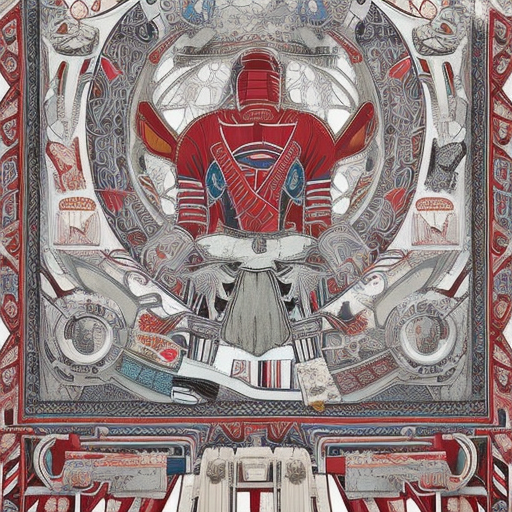Fandom:
Fandom refers to a community of passionate and dedicated fans who share a common interest in a particular piece of media, such as a TV show, movie, book, or video game. These fans engage in various activities to express their love and support for the subject of their fandom, including creating fan art, writing fanfiction, attending conventions, and participating in online discussions. Fandoms can be found across different genres and mediums, and they play a significant role in shaping popular culture.
Origins and Evolution of Fandom
Fandom has existed for centuries, but it has evolved significantly with the advent of the internet and social media. In the past, fans would gather in person at conventions or fan clubs to connect with others who shared their interests. However, the internet has made it easier for fans to find each other and form communities online. This has led to the rise of online fan forums, fan websites, and social media groups dedicated to specific fandoms.
Activities and Expressions of Fandom
Fans engage in a wide range of activities to express their love for their favorite media. One common activity is creating fan art, which involves fans using their artistic skills to create original artwork inspired by the characters and themes of their chosen fandom. Fanfiction is another popular form of expression, where fans write their own stories using the established characters and settings from the original work. These creative outlets allow fans to explore different narratives and interpretations of the source material.
Conventions are a significant aspect of fandom culture, where fans gather to celebrate their shared interests. These events often feature panels with actors, writers, and other creators associated with the media, as well as opportunities for fans to cosplay as their favorite characters. Cosplay, short for costume play, involves fans dressing up as characters from their chosen fandom, often with meticulous attention to detail.
Online communities play a crucial role in fostering fandom engagement. Fans can connect with each other through social media platforms, dedicated forums, and websites. These spaces provide a platform for fans to discuss and analyze the media they love, share theories and fanworks, and engage in debates and discussions. Online fandom communities also serve as a support system for fans, allowing them to find like-minded individuals who understand and appreciate their passion.
The Impact of Fandom on Popular Culture
Fandoms have a significant influence on popular culture. The enthusiasm and dedication of fans can contribute to the success of a particular media franchise. Fandoms often generate a buzz around a new release, leading to increased viewership or sales. In some cases, fan campaigns and petitions have even influenced the direction of a show or movie, demonstrating the power of collective fan action.
Fandoms also play a role in shaping the perception and interpretation of media. Through their discussions and analysis, fans can uncover hidden meanings, symbolism, and themes within a piece of media that may have been overlooked by the creators themselves. This critical engagement with the source material can deepen the appreciation and understanding of the media for both fans and creators.
Furthermore, fandoms have become a source of inspiration for creators themselves. Many creators actively engage with their fan communities, seeking feedback and incorporating fan ideas into their work. This interaction between creators and fans has led to a more collaborative relationship, blurring the lines between the creator and the audience.
In conclusion, fandom is a vibrant and passionate community of fans who share a common love for a particular piece of media. Through various activities and expressions, fans engage with their chosen fandom, creating art, writing stories, attending conventions, and participating in online discussions. Fandoms have a significant impact on popular culture, influencing the success of media franchises and shaping the interpretation and perception of the media. The evolution of the internet and social media has further facilitated the growth and connectivity of fandom communities, allowing fans to connect and engage with each other on a global scale.












